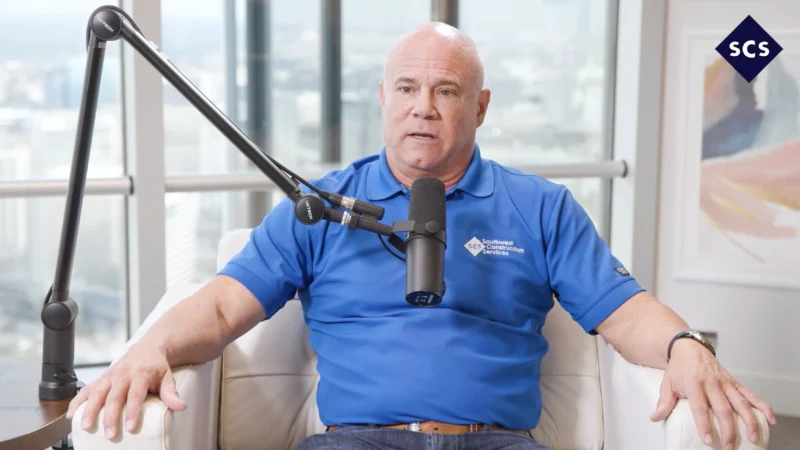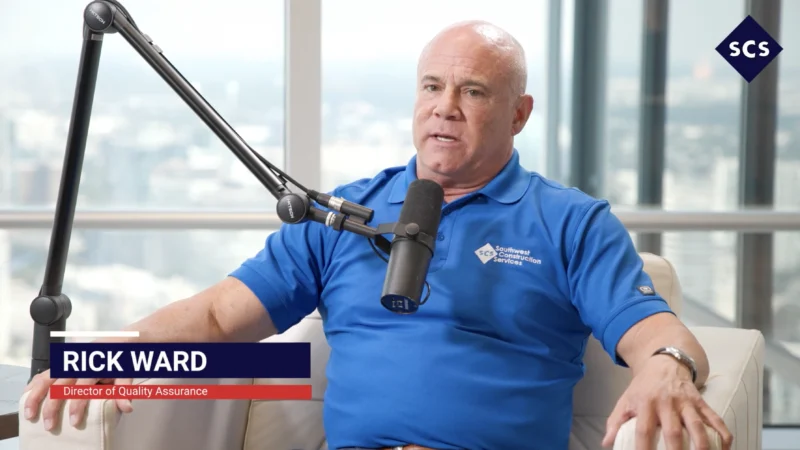Empowering Teams Through a Modern Training Culture
Training may be the backbone of any skilled trade, but in waterproofing—where mistakes can compromise entire structures—it becomes a defining competitive advantage. At Southwest Construction Services, the evolution of training reflects a larger industry shift: seasoned crews now rely less on formal classroom sessions and more on hyper-focused, on-site guidance tailored to the complexities of each project. While manufacturer manuals offer the “what,” the real value comes from understanding the “why”—the subtle details, common field pitfalls, and jobsite conditions that influence product performance. That’s why investing in real-time instruction isn’t just efficient; it’s essential for cultivating teams who can anticipate challenges rather than simply react to them. As construction environments grow more complex, this blend of field mentorship and collaborative problem-solving with manufacturers helps bridge the gap between product design and real-world application.
The result is a culture where newer workers gain confidence quickly and veteran crews stay sharp, aligned, and empowered. And at the center of that culture is someone who sees training not as a task, but as an opportunity to elevate people—which is exactly why today’s conversation brings us to Rick Ward, Director of Quality Assurance at Southwest Construction Services.



